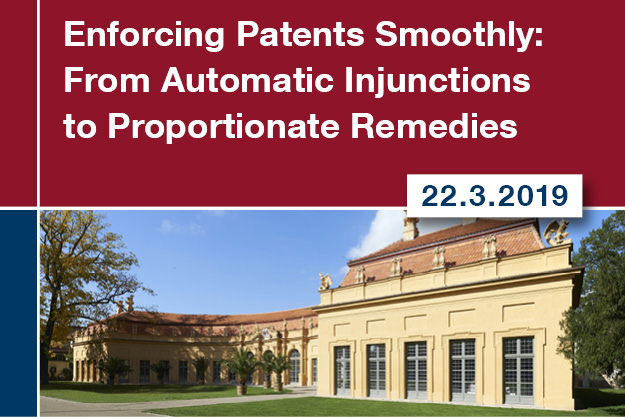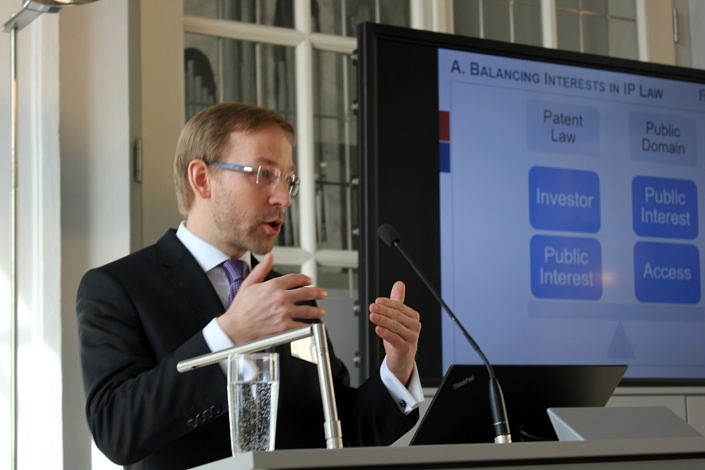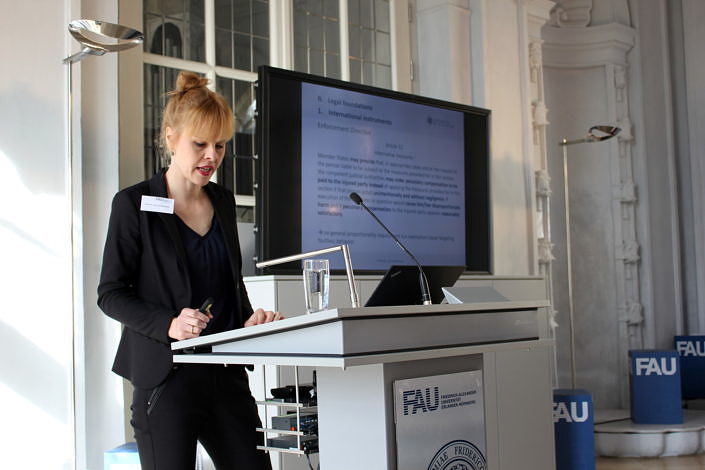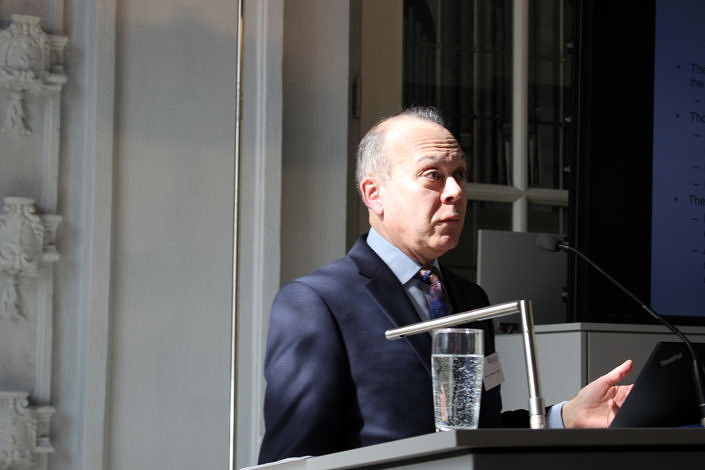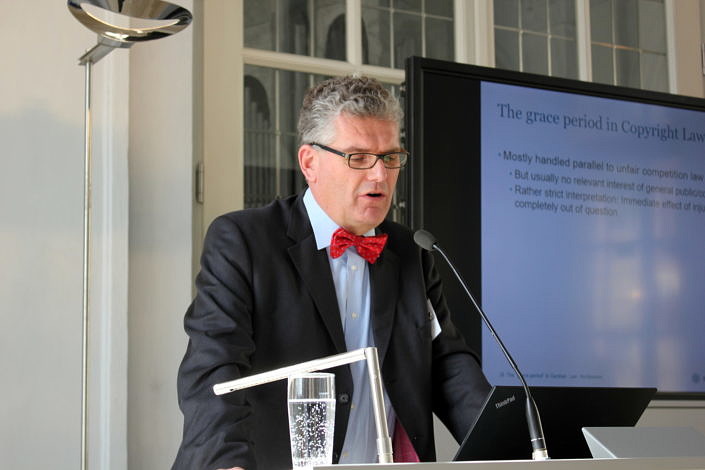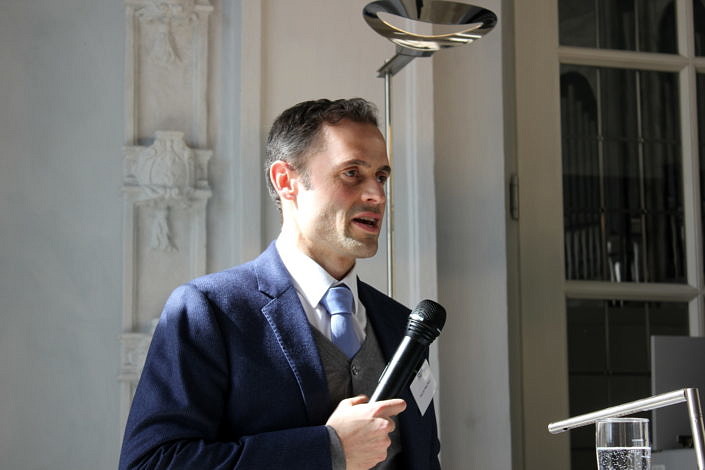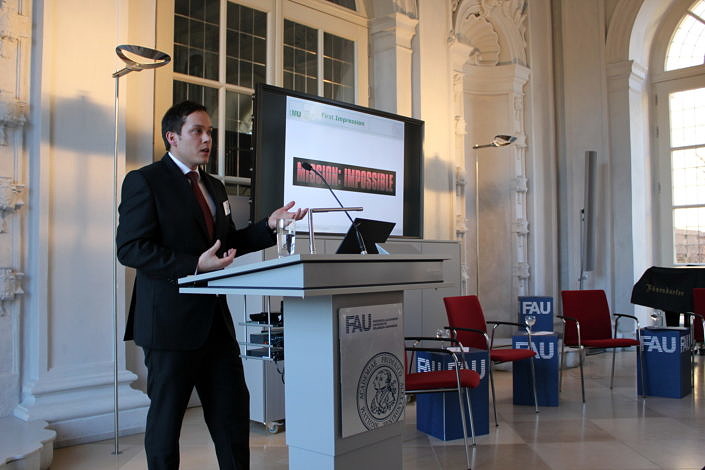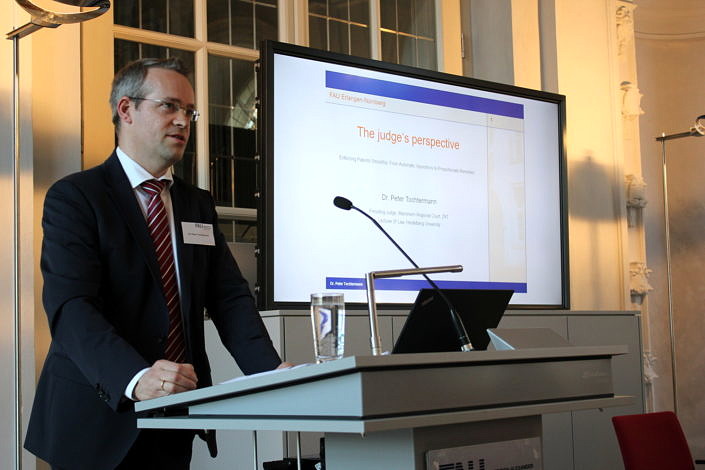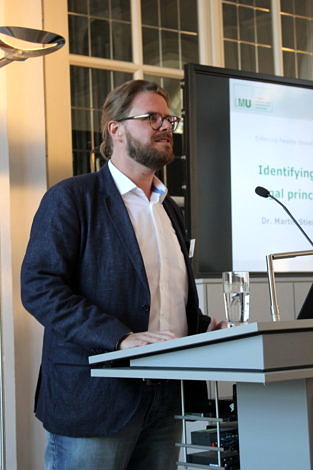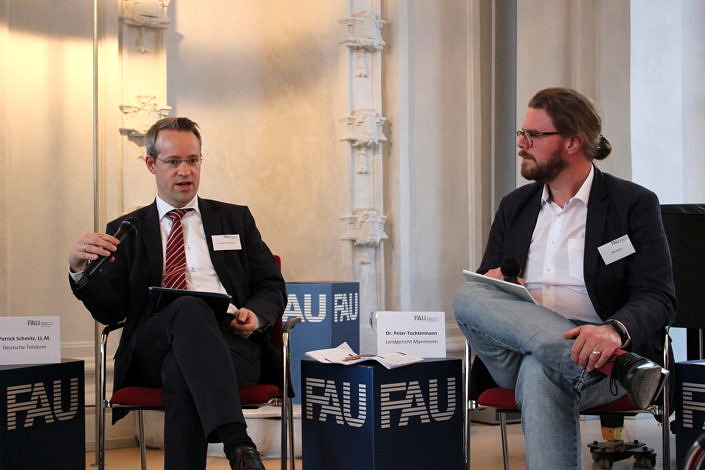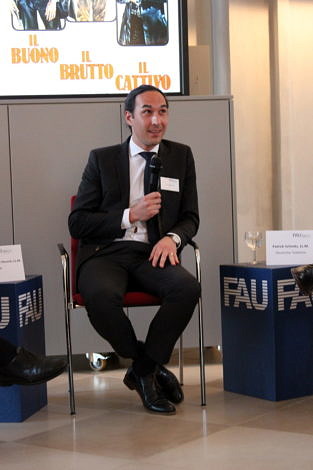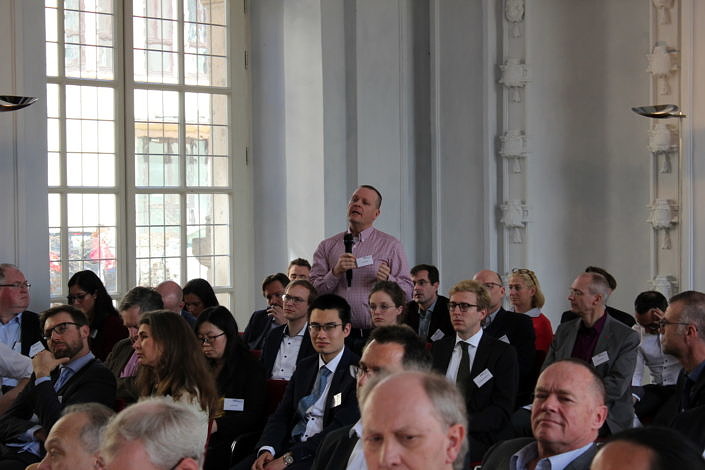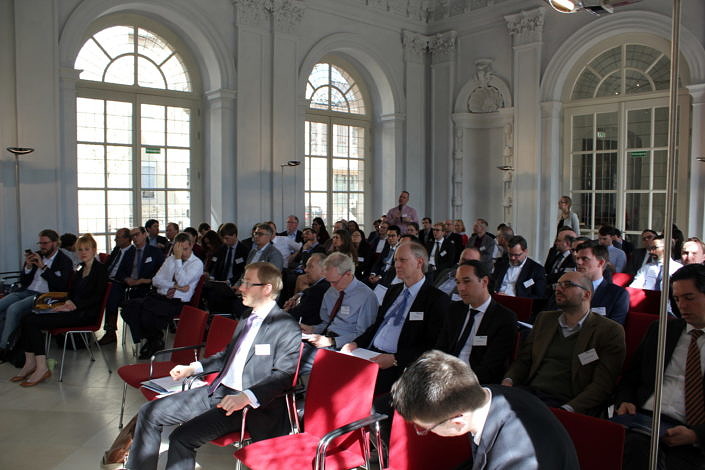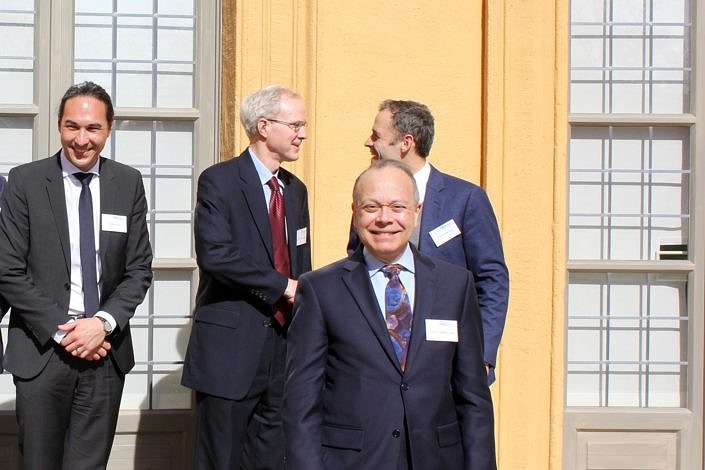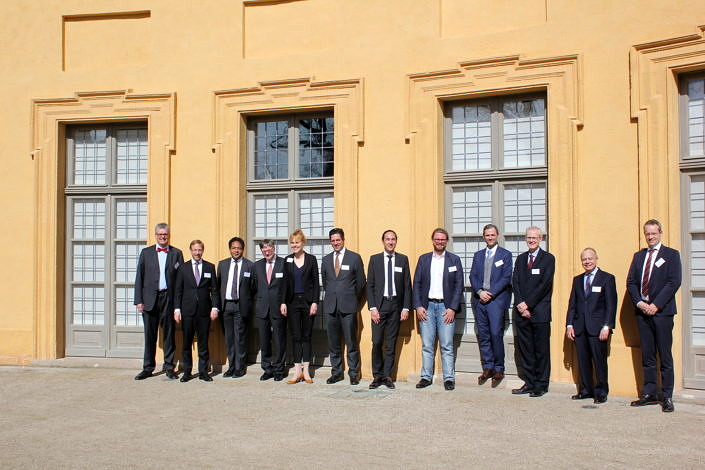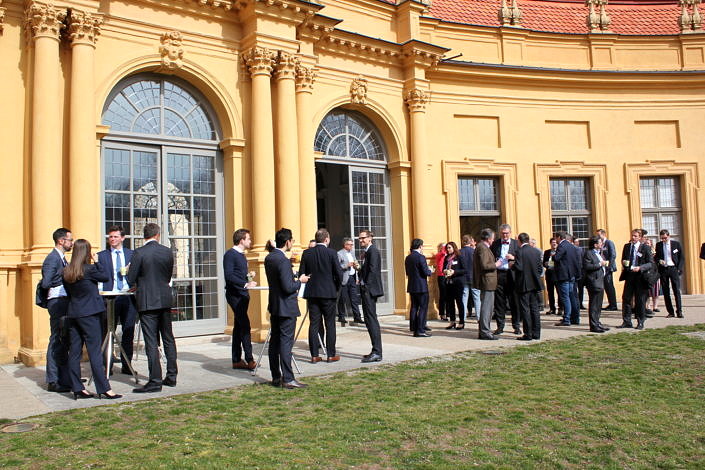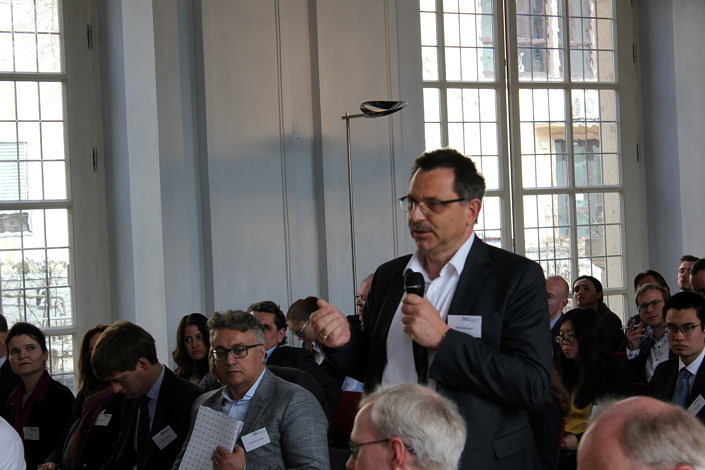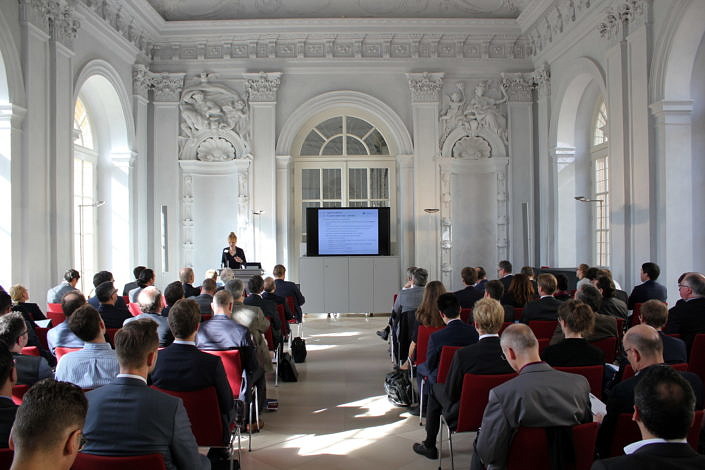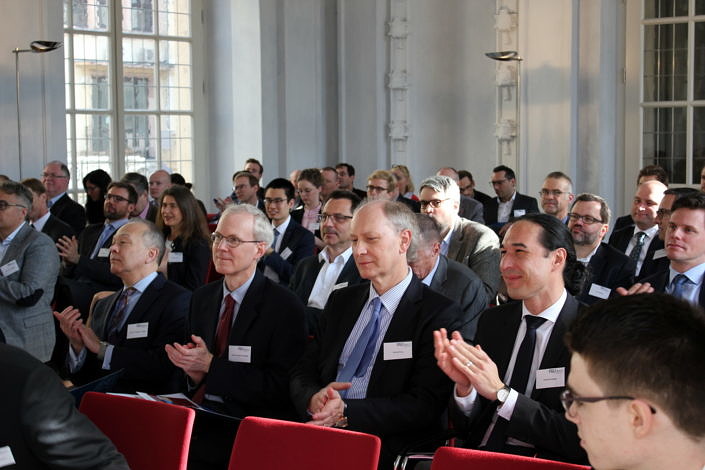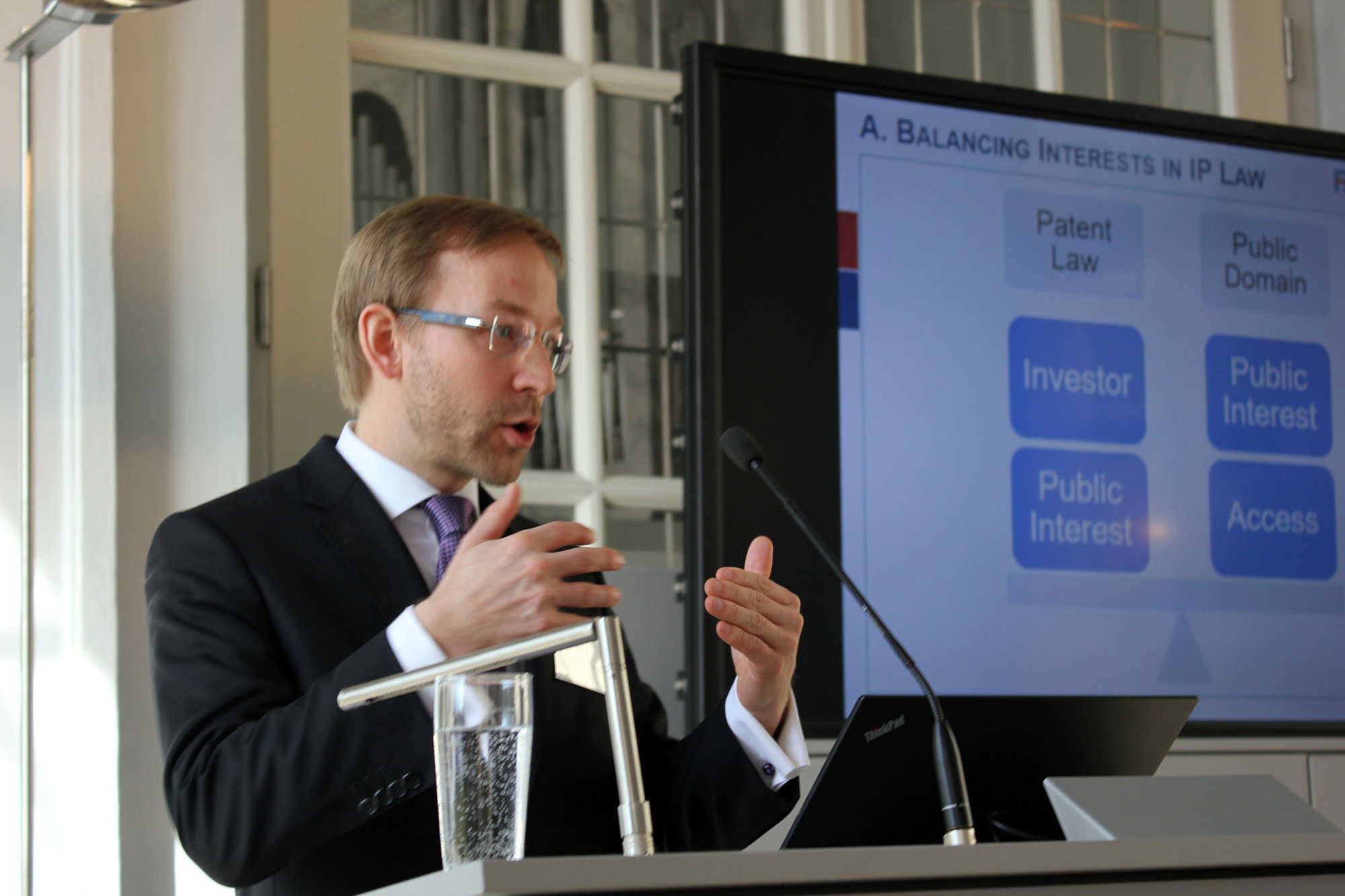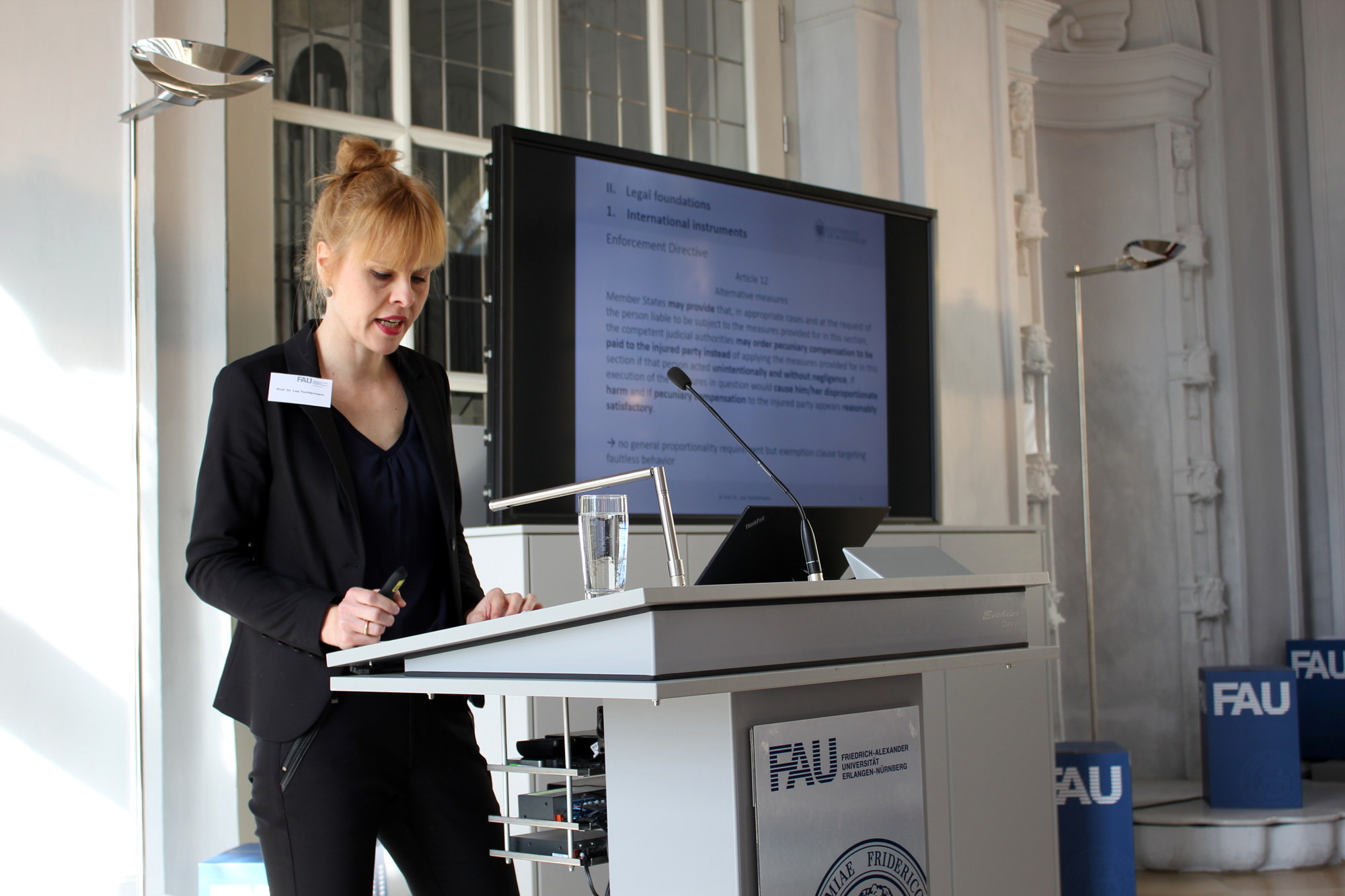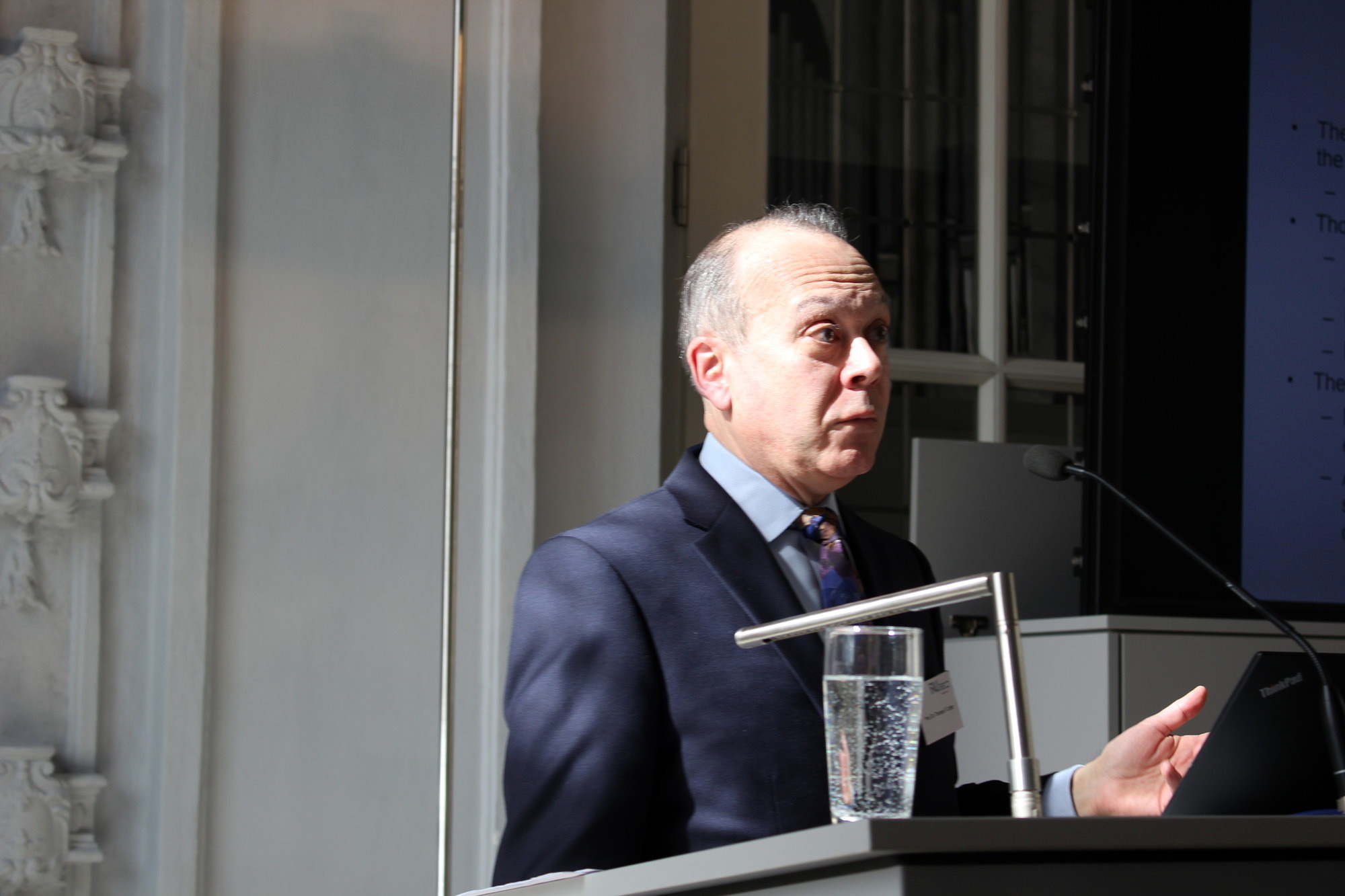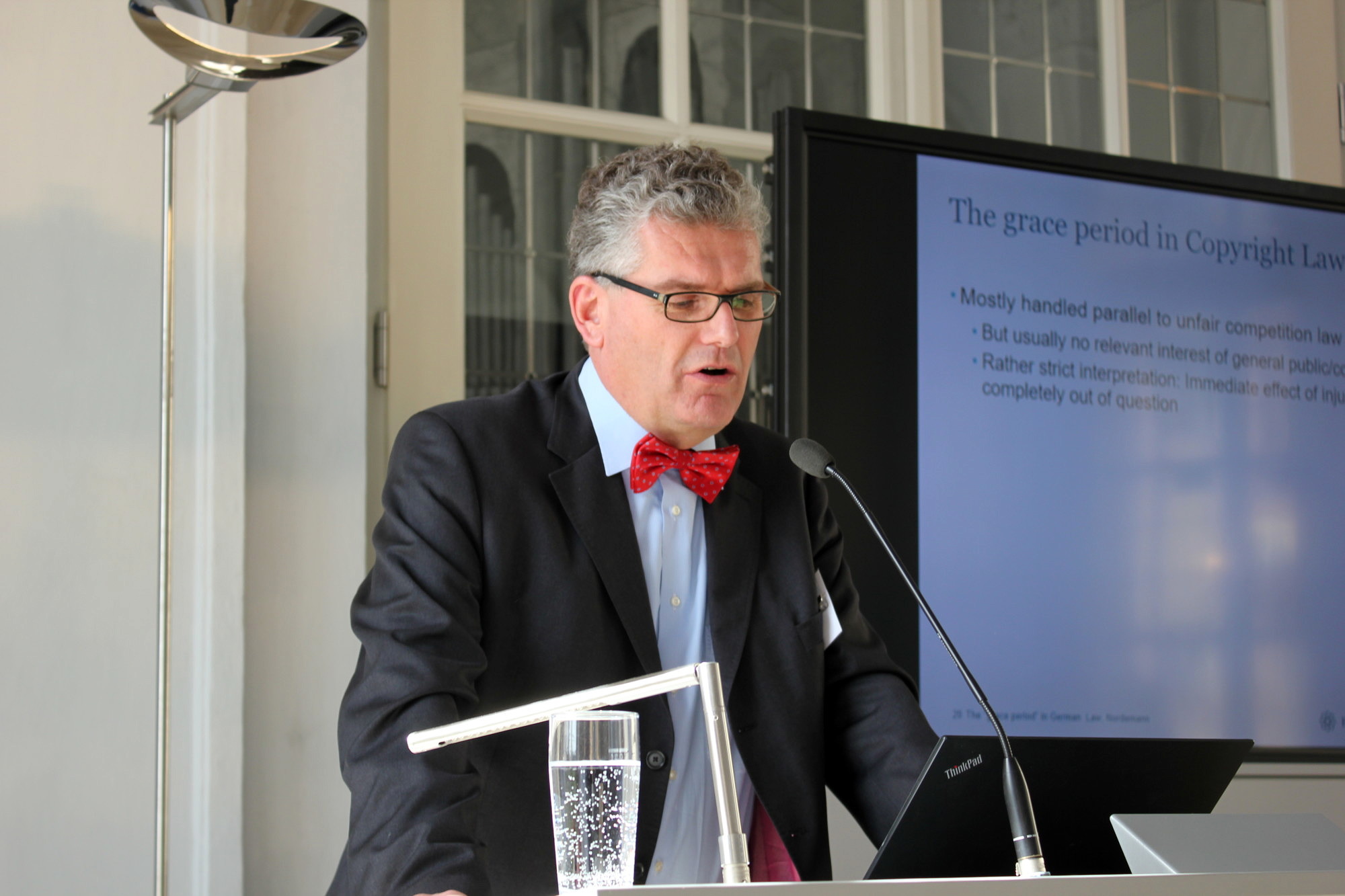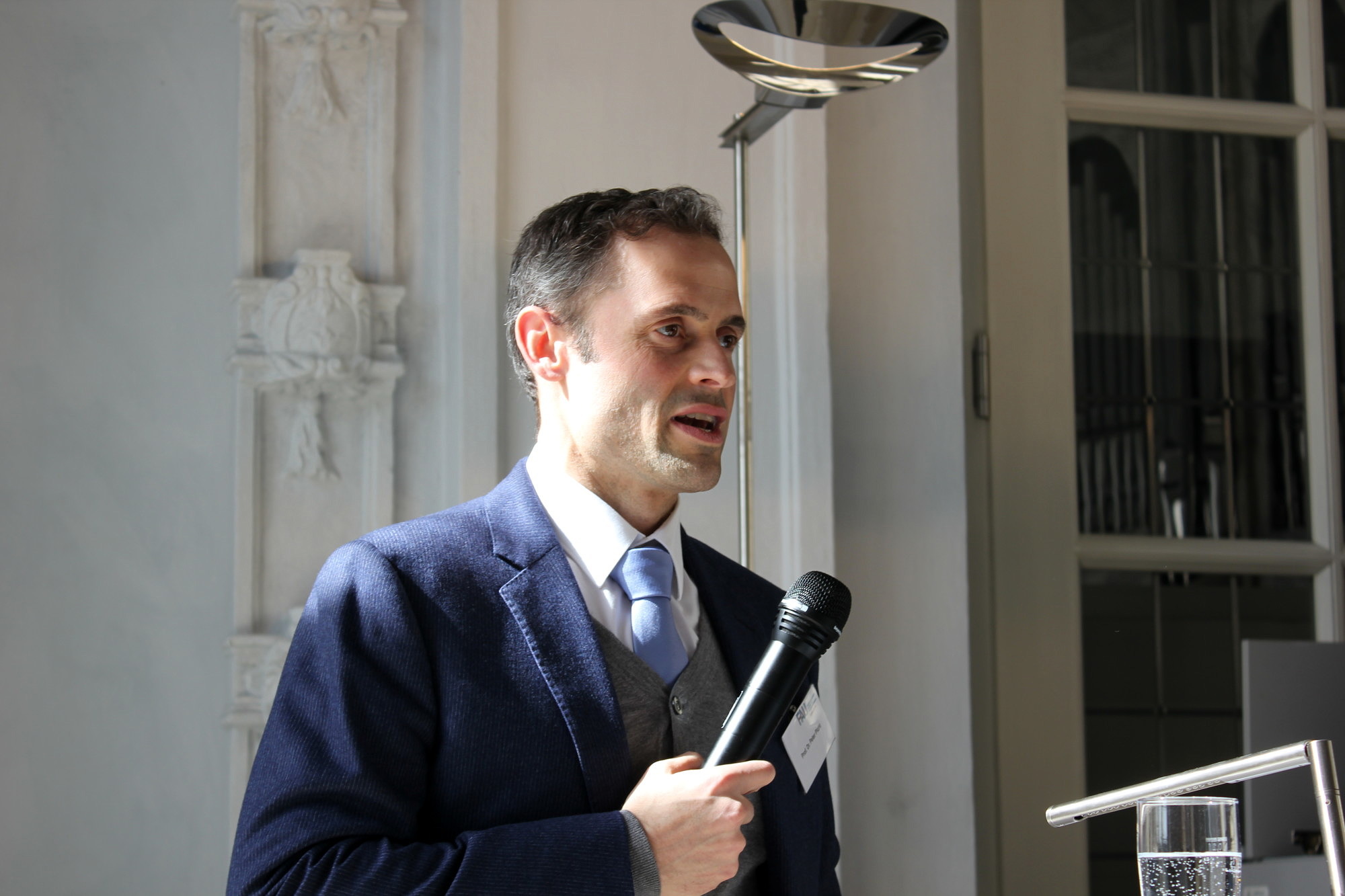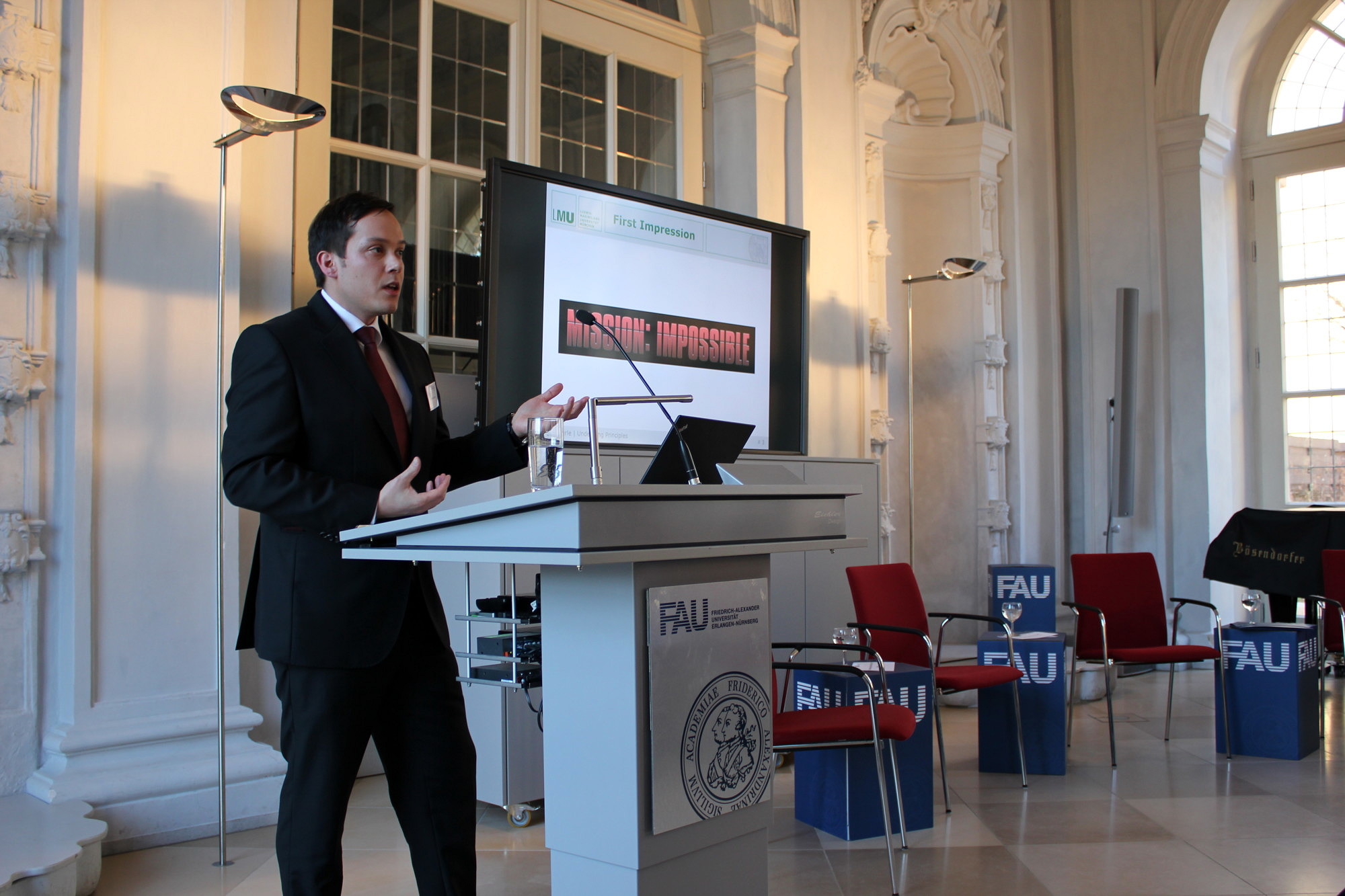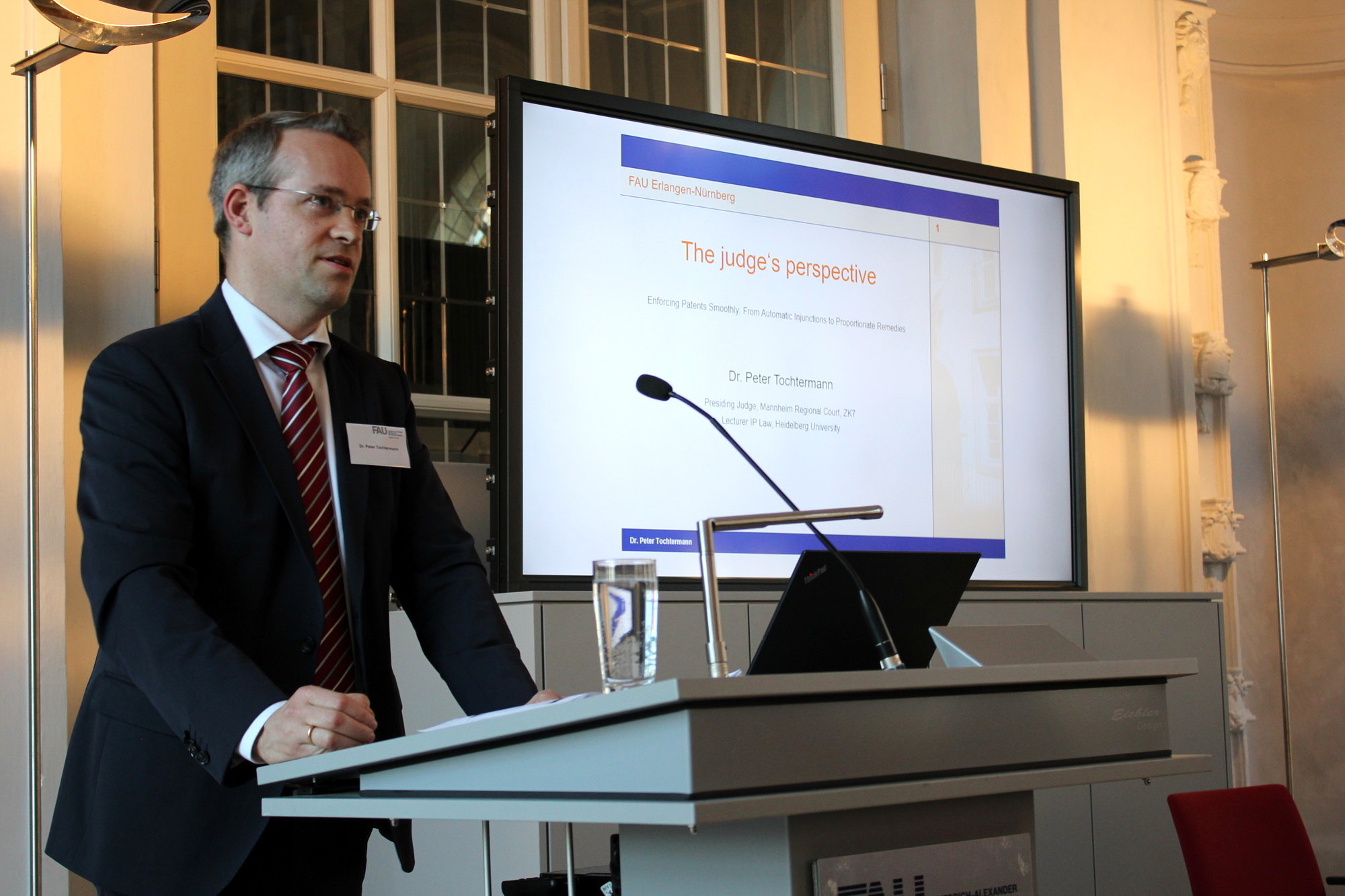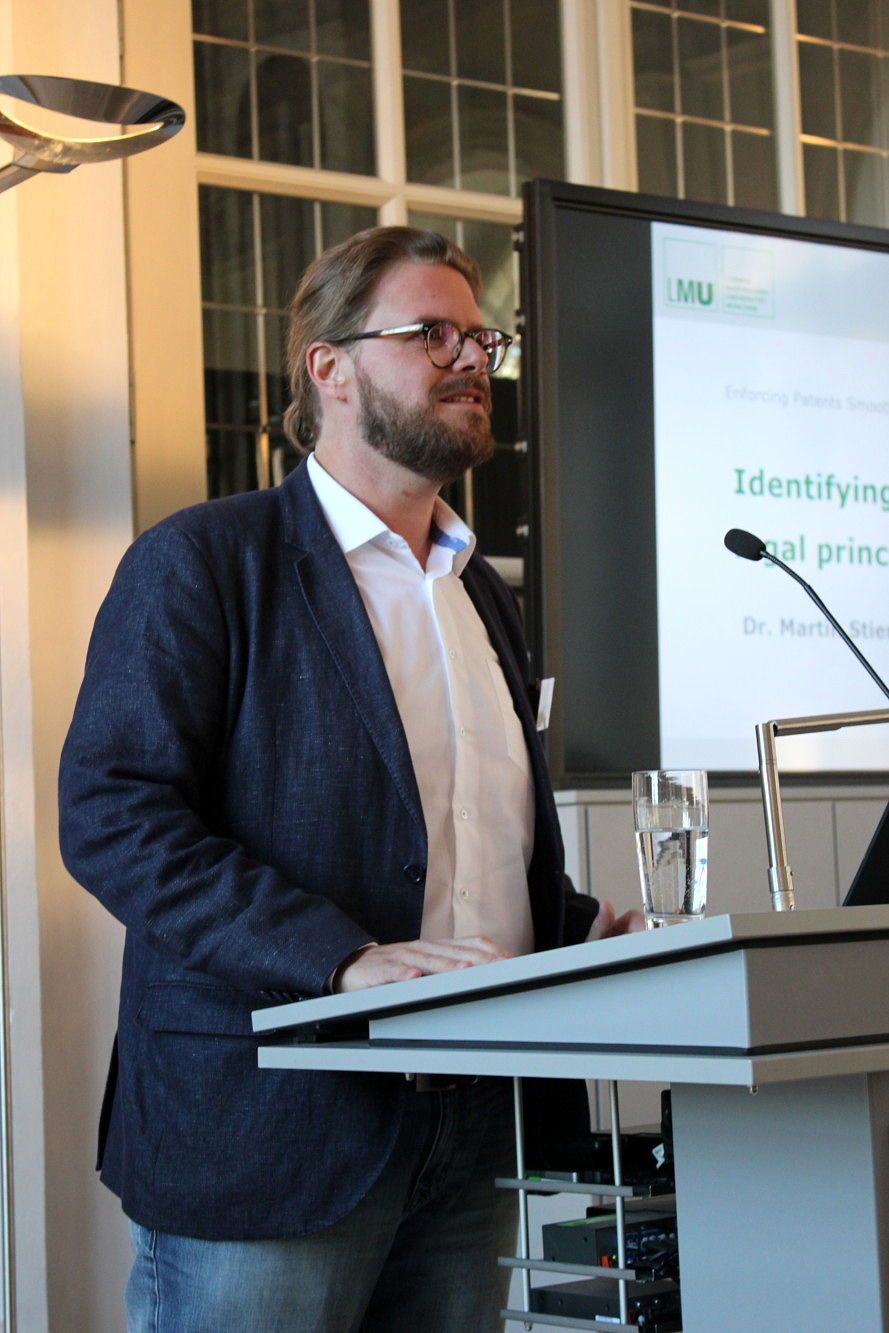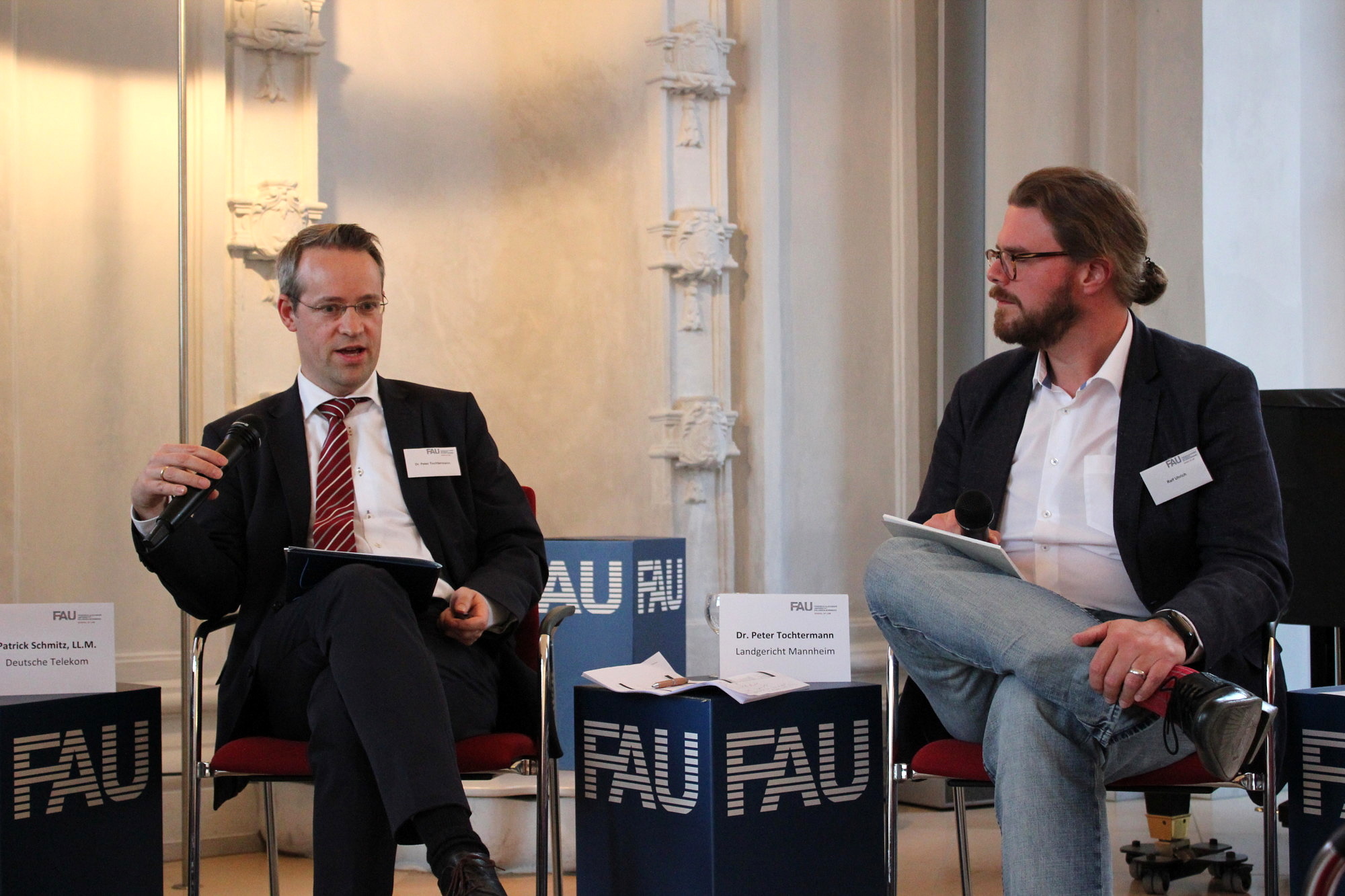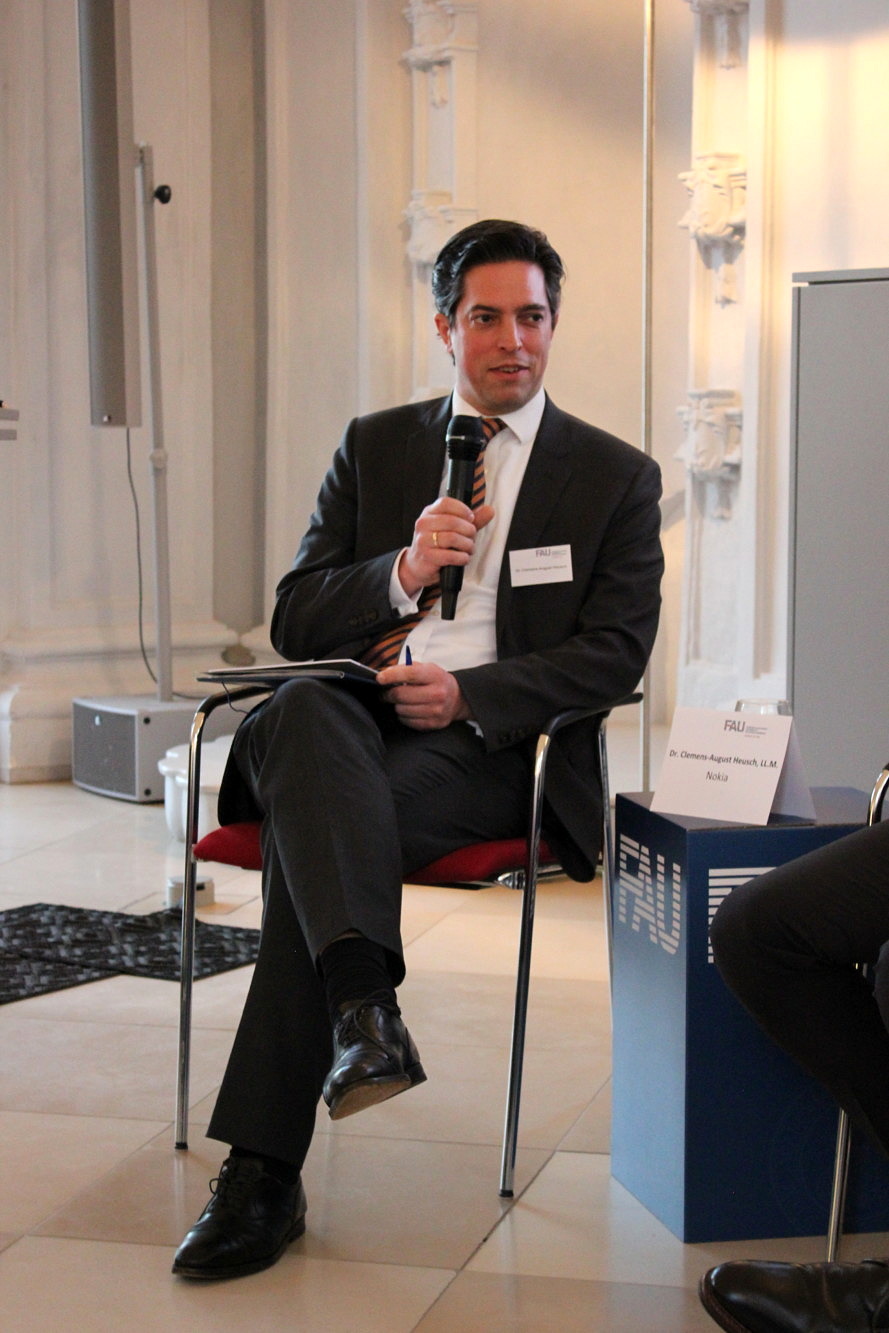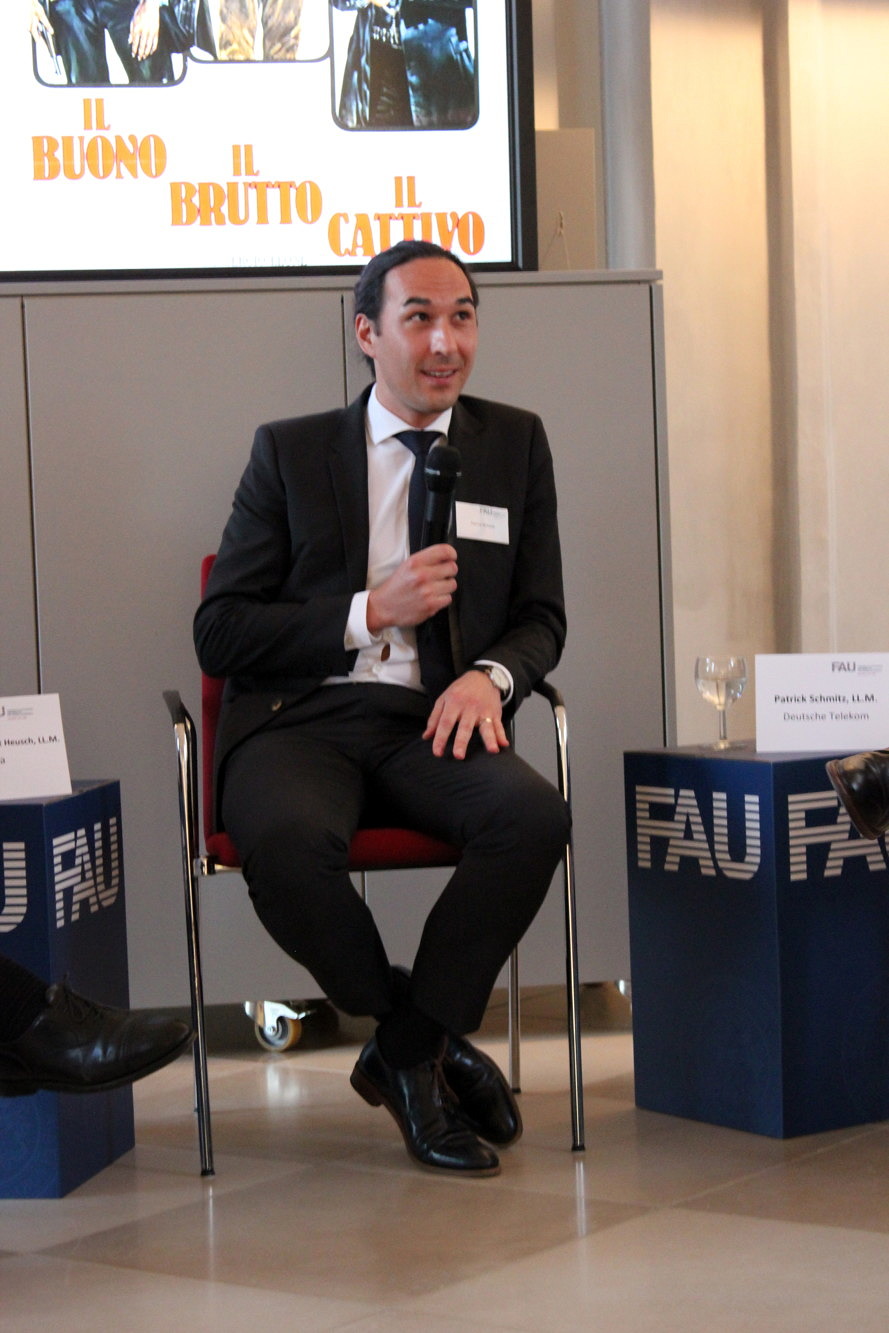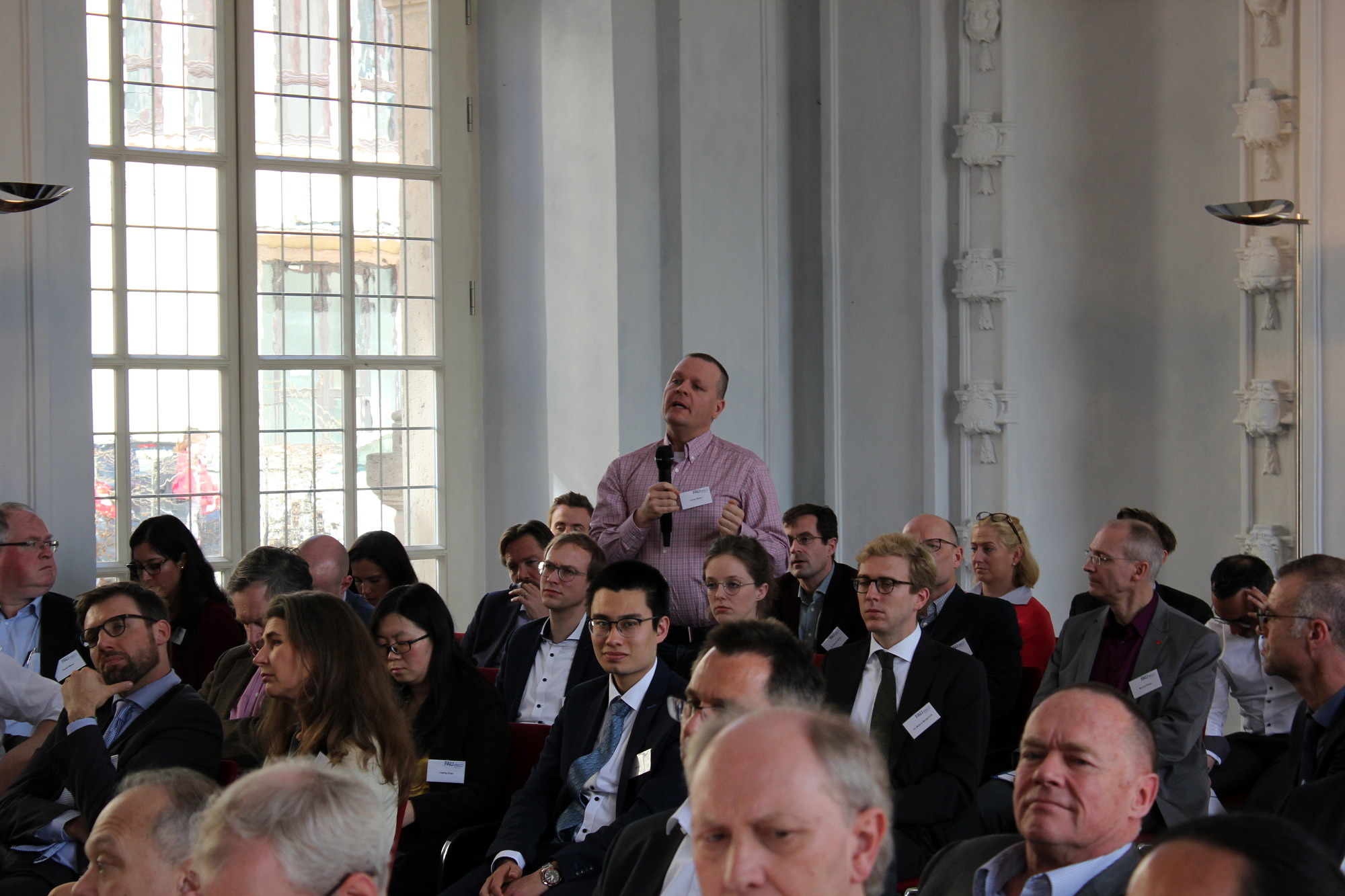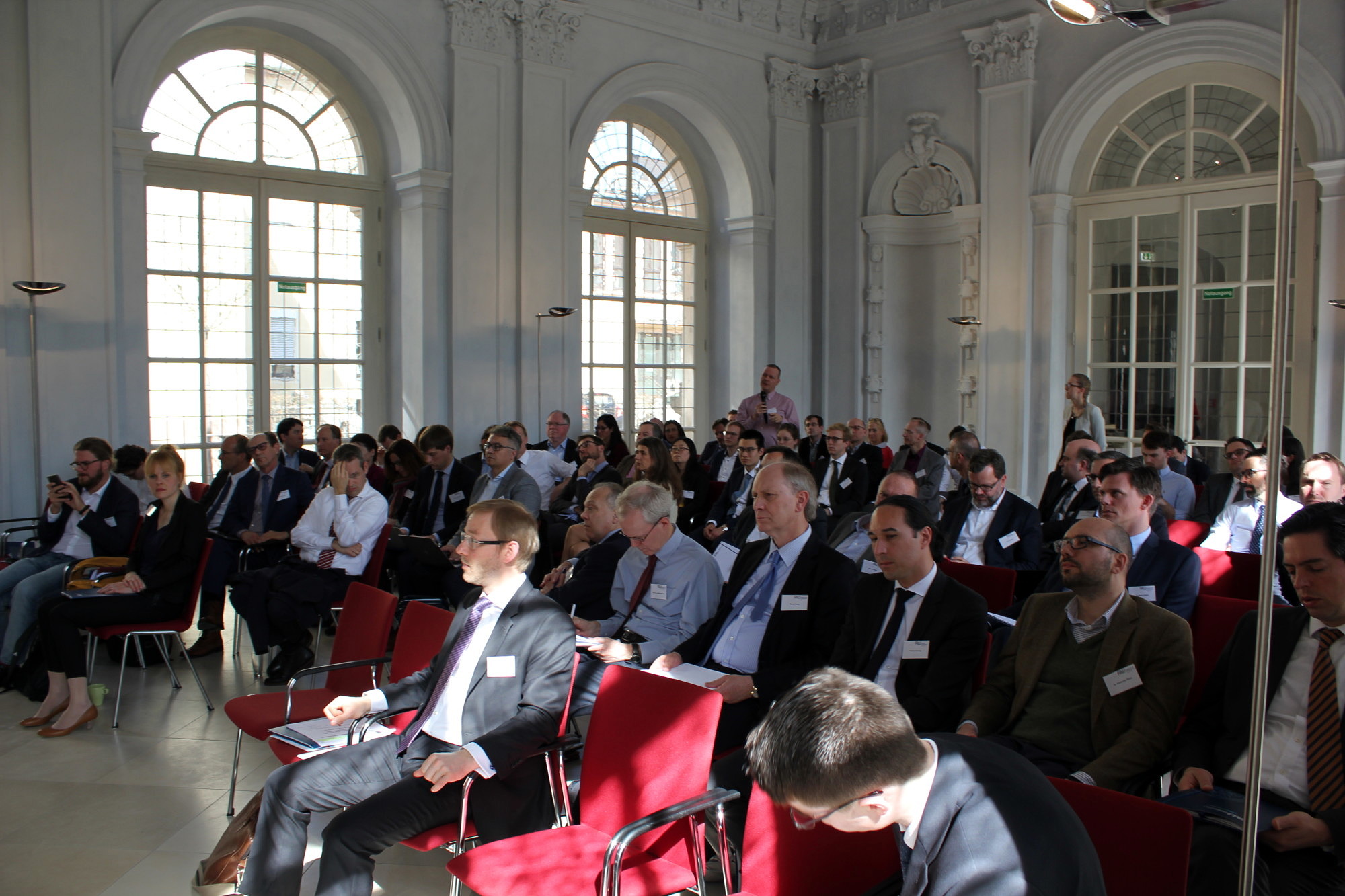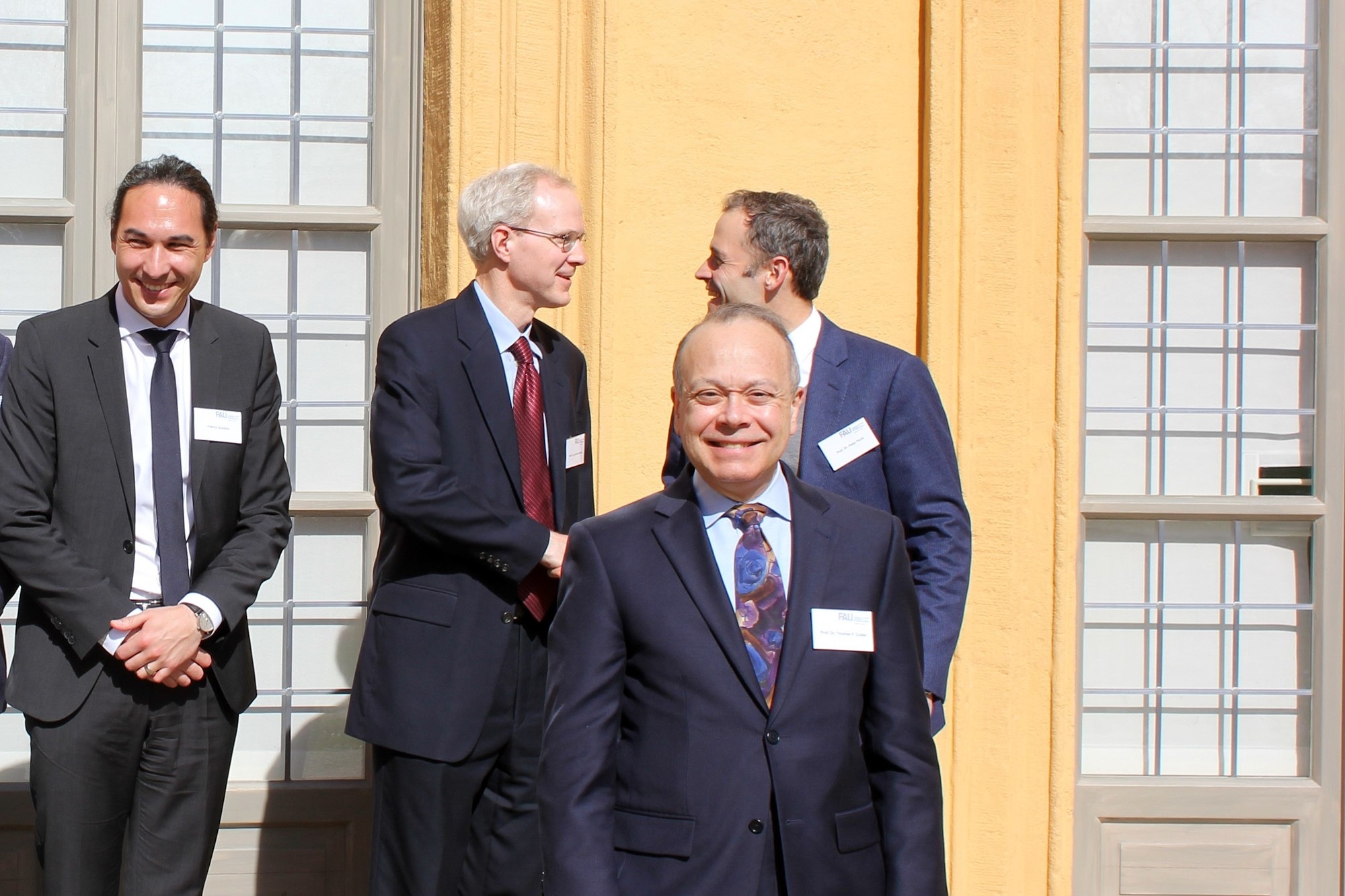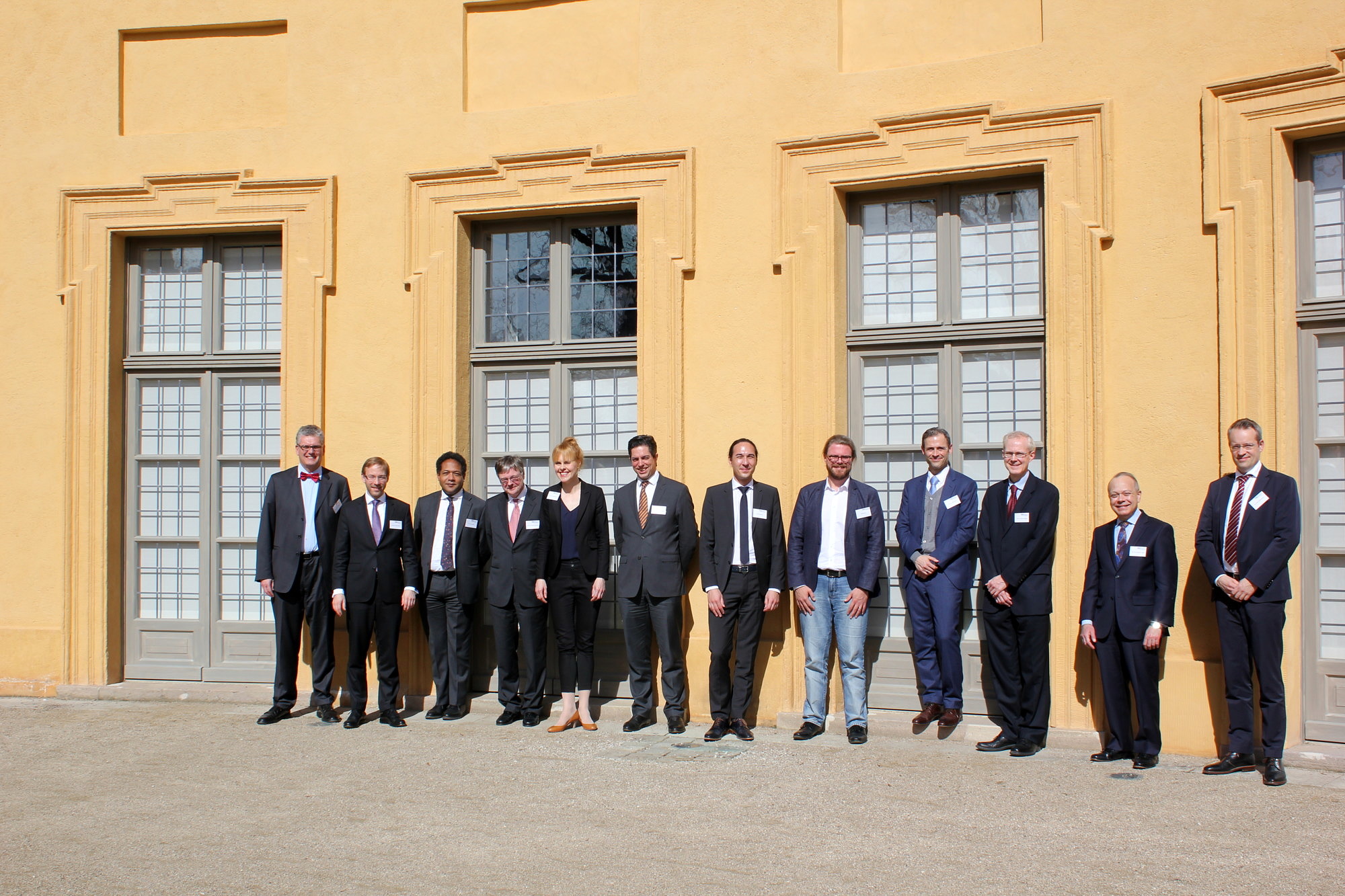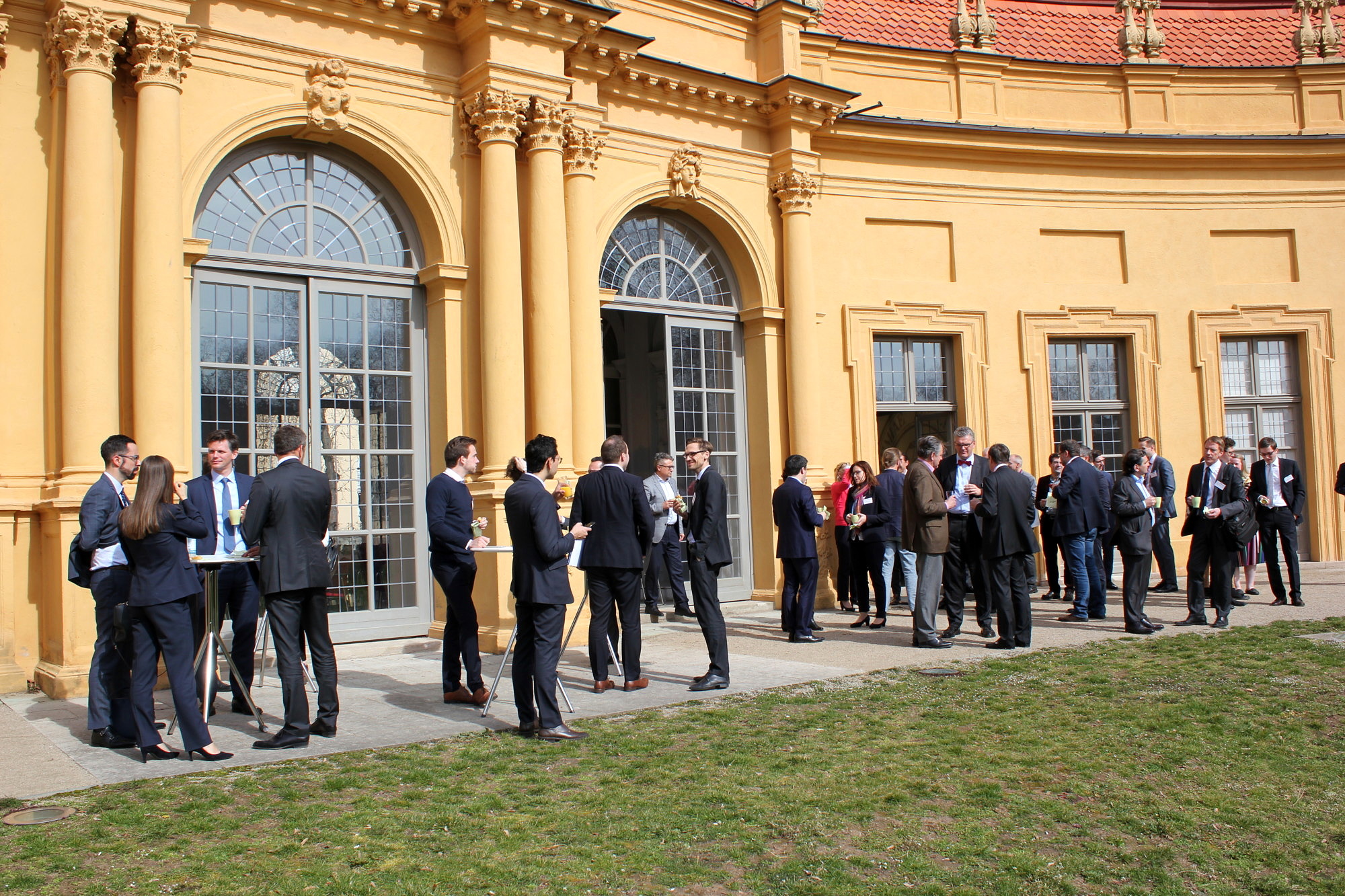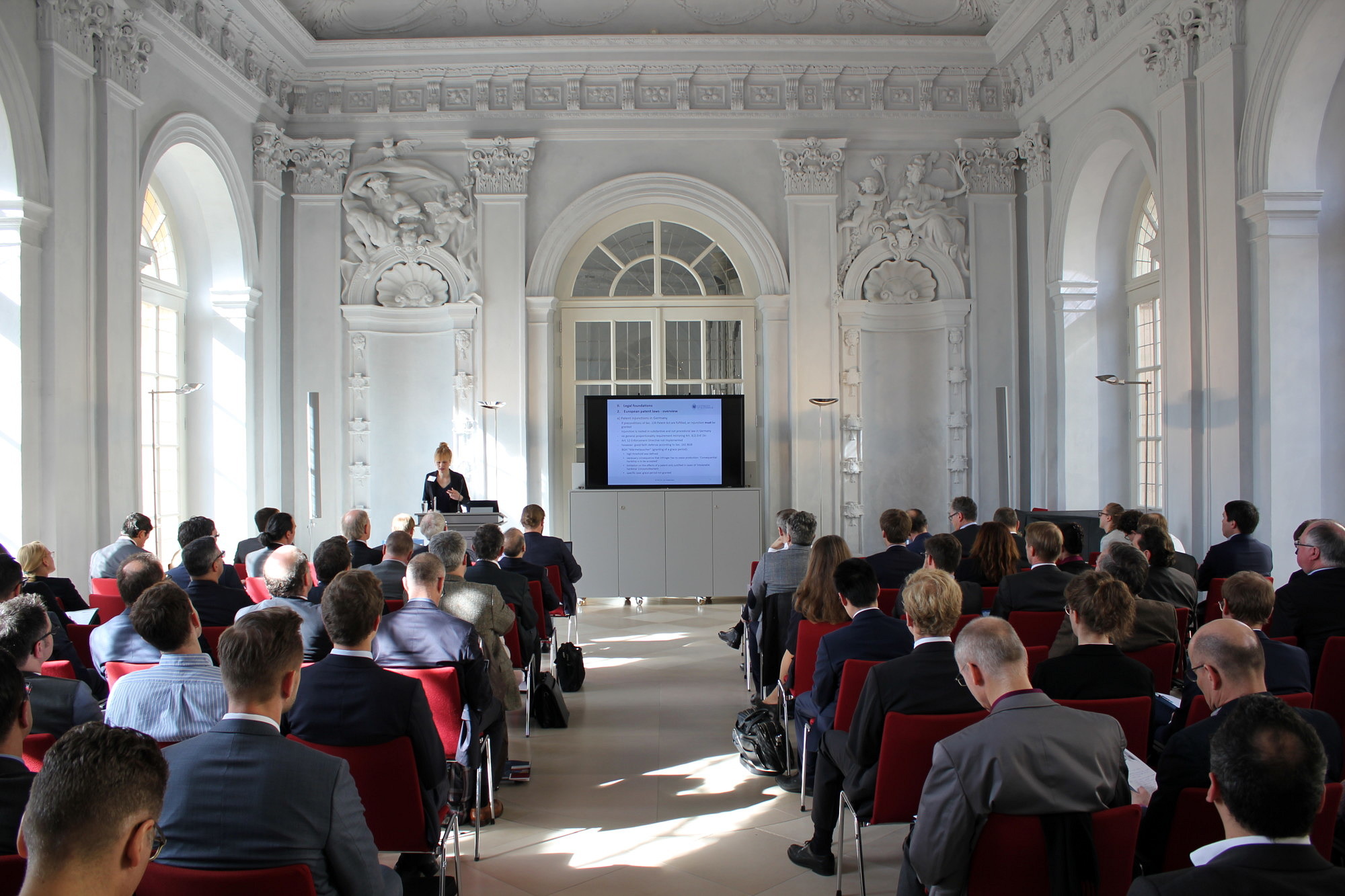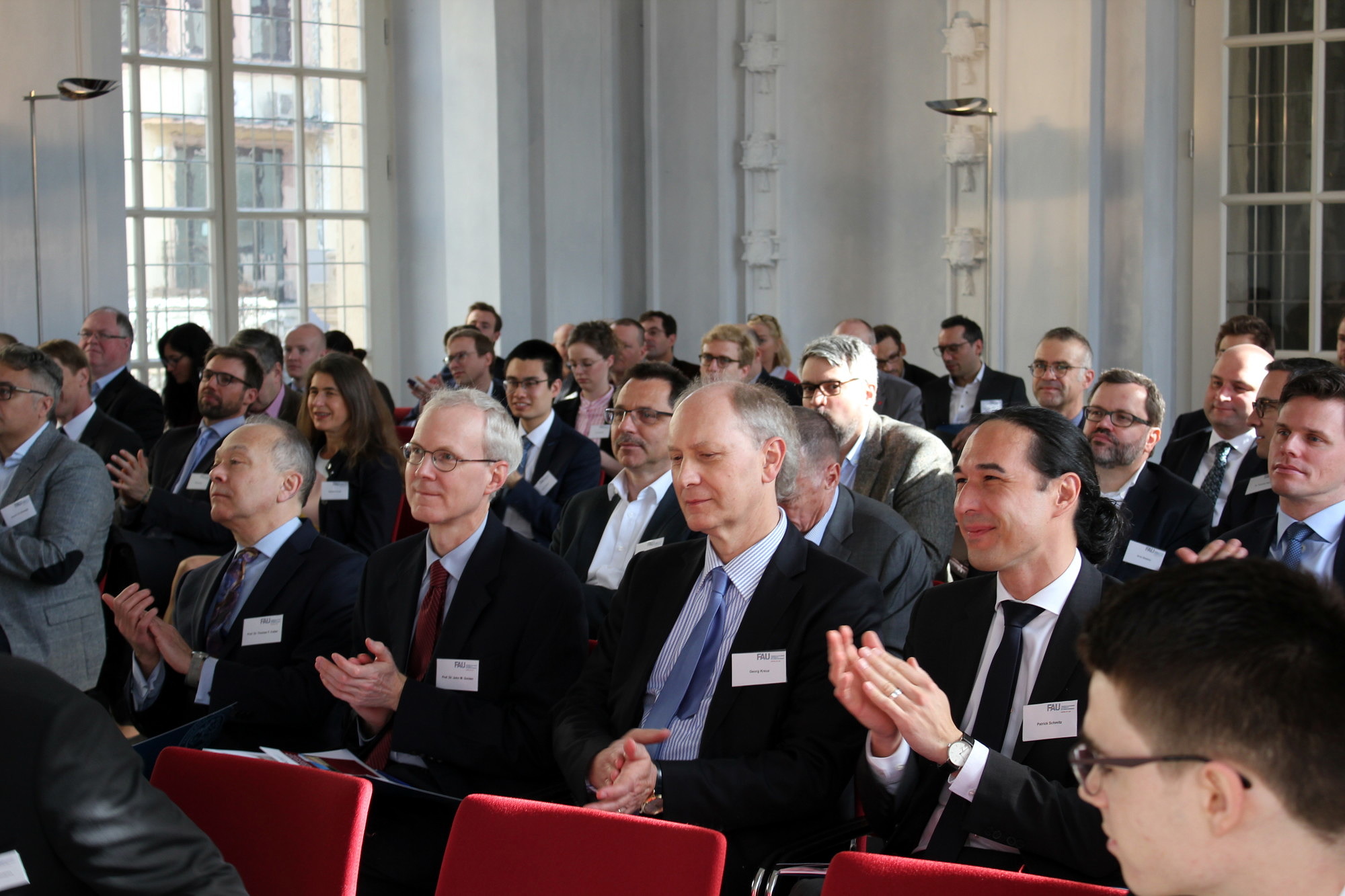Enforcing Patents Smoothly: From Automatic Injunctions to Proportionate Remedies
The granting of an injunction is a remedy that is available to patent holders to enforce their rights. In many EU Member States, injunctions are conceived as default remedies. However, granting an injunction irrespective of the particular facts of the case can lead to hardship for stakeholders and the public. “One size fits all solutions” such as automatic injunctions are not necessarily fair and equitable.
First and foremost, the EU’s Intellectual Property Rights Enforcement Directive requires that remedies granted must be “fair and equitable” and be “effective, proportionate and dissuasive”. Scholars more and more accept that especially in patent cases, an injunction should not necessarily be granted in every case. Even the German Federal Court considered that under certain circumstances an injunction (temporarily) is not available (BGH, 10.5.2016 – X ZR 114/13 – Wärmetauscher). And the US Supreme Court’s decision eBay Inc. v. MercExchange, L.L.C., 547 U.S. 388 (2006), demonstrates that the competing interests can also be balanced via the means of remedies.
Against this backdrop many questions arise: e.g., How can patents be enforced instead so that the remedy granted is equitable and takes into account the range of different interests? Which factors need to be considered in deciding which remedy to grant? Is it possible to identify certain kind of cases where granting an injunction is inappropriate? Does a patent proprietor have to be compensated and, if so, how?
During the international symposium, these questions will be analysed from an international, European and national perspective.
Tagungsprogramm
Einführungsvortrag Prof. Hofmann: Balancing Interests via Remedies
Tagungsbericht: Should we say „no“ to automatic injunctions and „yes“ to proportionate remedies?
